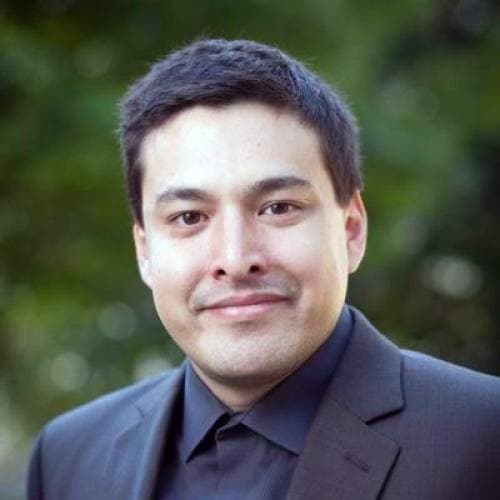Academic Bureaucracy Consumes Nearly Half of Researchers' Time, Prominent Scientist Asserts

Durham, NC – Dr. Jason Locasale, a distinguished American scientist and tenured associate professor at Duke University School of Medicine, recently voiced profound concerns regarding the evolving landscape of academic research. In a widely shared social media post, Dr. Locasale stated, > "I went into academia to search for truth. I left learning how to write safe grants, avoid controversy, and serve bureaucrats." His candid remarks highlight a growing sentiment among researchers about the increasing administrative burdens and shifting priorities within higher education.
Dr. Locasale, renowned for his pioneering work in cancer metabolism, metabolomics, and dietary interventions in cancer, has authored over 150 peer-reviewed publications and was recognized in 2019 by Web of Science as one of the most influential researchers of the past decade. His extensive background in fundamental scientific inquiry lends significant weight to his critique of the current academic environment.
His statement resonates with broader discussions about the bureaucratization of university research. Studies indicate that academic researchers spend a substantial portion of their time, reportedly nearly half, on administrative tasks rather than core scientific work. This includes complex grant applications, compliance reporting, and various institutional procedures, diverting valuable resources and intellectual energy from discovery.
The proliferation of administrative requirements has led to concerns that academic institutions are increasingly prioritizing compliance and financial management over fostering innovative, high-risk research. This environment can inadvertently encourage scientists to pursue "safe" projects with more immediate, quantifiable returns, potentially stifling groundbreaking discoveries and limiting academic freedom. The administrative overhead also consumes a significant portion of research budgets, with some estimates suggesting nearly one in five dollars goes towards regulatory compliance.
The trend reflects a systemic shift where the demands of political bureaucracy and internal university procedures have grown exponentially. This increase in non-scientific duties and the pressure to secure funding through increasingly complex processes contribute to a culture where serving administrative needs can overshadow the pursuit of scientific truth. This ongoing bureaucratization poses a critical challenge to the productivity and innovative capacity of academic research.